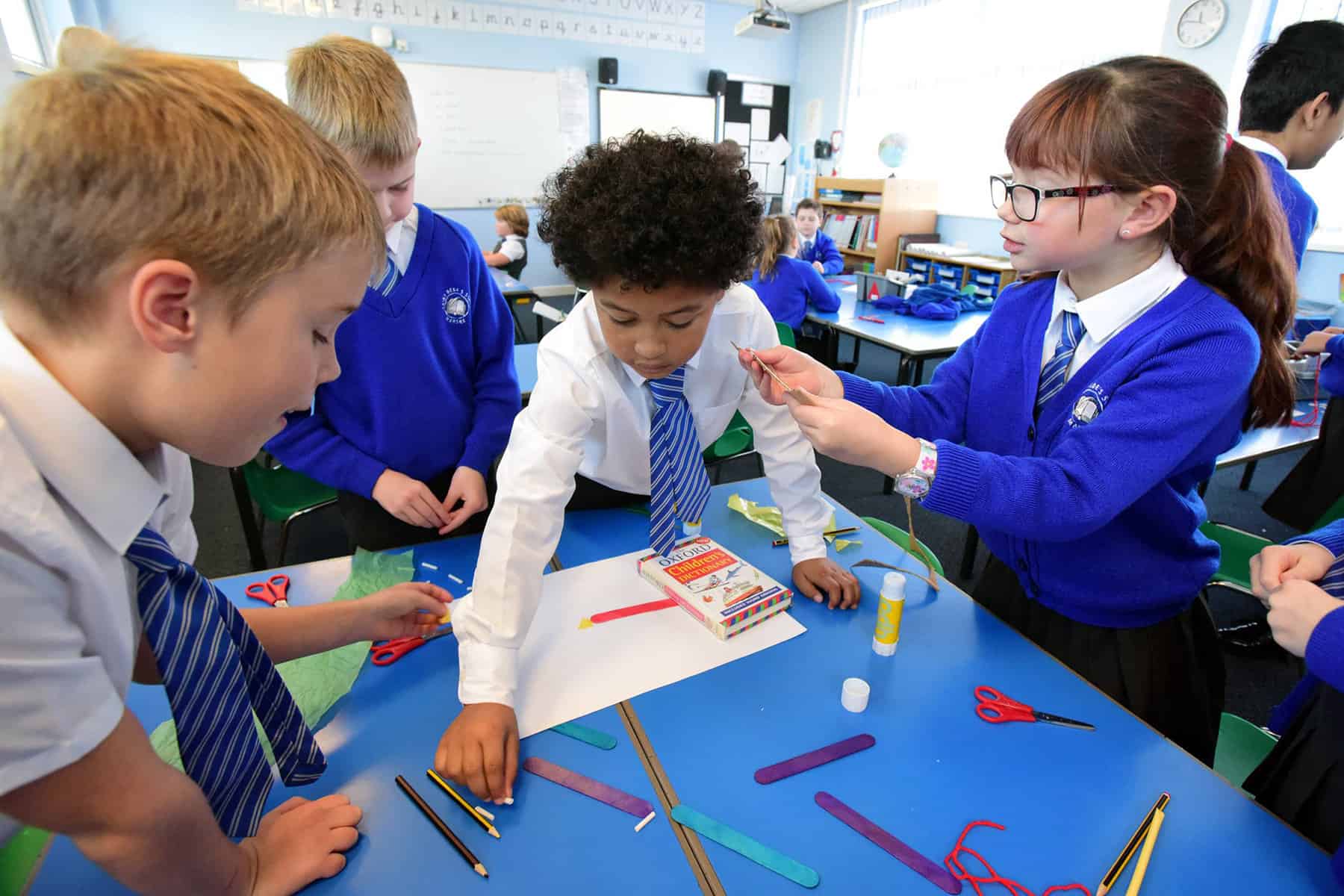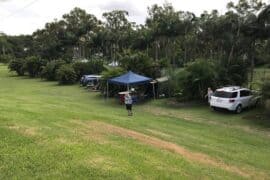Finding the Best Primary Schools Near Me: A Parent’s Guide to Local Education
Hello to all the super moms and dads out there! ? Are you embarking on the exciting yet often daunting task of finding the perfect primary school for your little one? Fret not, my dear parent pals, because you’re about to dive into a treasure trove of tips and tricks to help you navigate the sea of educational opportunities that await. Let’s turn school searching from a chore into an adventure! ?
Understanding the Basics of Primary Education
Before we set sail, let’s get a lay of the land. Primary education is the cornerstone of your child’s academic journey. It sets the stage for learning, growth, and a lifelong curiosity. From the ABCs to the 123s, primary schools provide a rich environment where kids can explore an array of subjects, make new friends, and develop essential life skills. ?
Beginning Your Search for the Ideal Primary School
Searching for “primary schools near me” is a great start, but it’s just the tip of the iceberg! The key to finding the right school involves understanding your child’s needs, your family’s values, and the educational philosophies of schools in your locale. So, grab your compass and let’s orient ourselves with the following steps:
- ? Define Your Priorities: What’s most important to you and your child? Is it academic excellence, sports facilities, arts programmes, or a strong focus on values and character development? Making a list of non-negotiables will help narrow down the choices.
- ? Research & Compare: Use local resources to find schools in your vicinity. Websites, local education authority directories, and parent forums are gold mines of information. Make sure to look at Ofsted ratings, curriculum offered, extracurricular activities, and other parents’ experiences.
- ? Visit and Experience: Once you’ve got a shortlist, it’s time to see these schools in action. Open days, tours, and meetings with the heads of schools provide invaluable firsthand impressions that can’t be gauged from afar.
Important Considerations When Choosing a Primary School
As we delve a bit deeper, there are a few considerations that could significantly impact your decision-making process. Let’s talk proximity versus quality, the role of educational philosophies, the significance of class size, and understanding standardised test scores:
- ? Location vs. Quality: Is it better to choose the closest school or one that’s a bit further but has a stellar reputation? Proximity means convenience and community, but quality shouldn’t be compromised. Strike a balance that fits your family’s lifestyle and your child’s well-being.
- ??? Educational Philosophies: Montessori, Waldorf, Reggio Emilia, or the traditional model—schools follow different teaching philosophies. Research and understand which one aligns with how you envision your child’s learning experience.
- ??????? Class Size and Student-Teacher Ratio: Smaller class sizes may allow for more individualised attention, better behavioral management, and a closer-knit community. Consider what classroom setting will provide the support and attention your child needs.
- ? Understanding Test Scores: Standardised test scores can shed light on a school’s academic performance, but they don’t tell the whole story. Look beyond the numbers to consider the holistic development opportunities that schools offer.
Mastering the Art of School Visits
Visiting schools is perhaps one of the most exciting parts of the search. It’s where you get to see potential settings for your child’s future memories. Here are a few tips to get the most out of your visits:
- ? Plan Ahead: Schedule visits well in advance and try to attend when the school is in session to see it in full swing.
- ? Prepare Questions: Have a list of questions ready for the staff – from their approach to bullying to how they support children with different needs.
- ? Listen and Observe: Beyond what you’re told, observe the interaction between staff and students and the general atmosphere. Are the kids happy, engaged, and well-behaved?
- ? Bring Your Child: If possible, let your child accompany you on a visit. Their comfort and instinctive reactions can be incredibly revealing.

5 Essential Tips for Preparing to Find Primary Schools Near Me: A Parent’s Comprehensive Guide
Hey there, amazing parents! Ready to step into the role of chief explorers on the quest for the perfect primary school? I’m thrilled you’re here, because we’re going to march straight into the heart of smart school searching. ??
Charting the Course: 5 Things to Know in Preparing for Primary School Searches
Lacing up our boots and setting out on this important journey requires preparation. Knowing how to prepare is as crucial as the search itself. Here are five golden nuggets of wisdom to help you chart the course:
- ?? Familiarize with the Terrain: Begin by understanding the educational landscape. Get to know the types of primary schools available — public, private, charter, Montessori, religious affiliations, and special education options. This will help you discover paths that align with your values and expectations.
- ? Build Your Network: Connect with other parents, join local parenting groups, and attend community education events. This network will be invaluable for sharing insights and experiences about different schools and may help guide you to hidden gems.
- ? Document Your Journey: Keeping a journal or a digital log can help you organize thoughts, impressions, and factual data from school visits and research. This will be a critical resource when you’re ready to compare options side by side.
- ? School Preparedness Kit: Equip your child with the right tools for success. From academic essentials like age-appropriate books and learning apps to emotional readiness with positive conversations about school — preparation is a gift that keeps on giving.
- ? Safety First: Ensure your chosen school has a strong commitment to student safety. Look into their policies and procedures for emergencies, as well as everyday safety measures. A safe environment is non-negotiable for your child’s well-being.
The Searcher’s Checklist: Your Tool for Discovery
Armed with our five tips, you’re now ready to compile your very own searcher’s checklist. This personalized tool will guide you to ask the right questions, spot the tell-tale signs of quality education, and ultimately feel confident in your school selection. Let’s put those tips into action!
- ????? Visibility Matters: Look for schools that offer transparency in their operations and communications. Websites should provide clear information on curriculum, staff qualifications, and parent engagement opportunities.
- ? Accountability: Seek out schools that hold themselves accountable to high educational standards. This can be reflected in their assessment methods, reporting systems, and responsiveness to community feedback.
- ? Community Voices: Dive into reviews and testimonials from other families. While individual experiences vary, patterns in feedback can offer crucial insights into a school’s culture and performance.
- ? Growth and Development: A school should not only address academic achievements but also foster personal growth, emotional intelligence, and social skills. Look for evidence of a holistic approach to education.
- ? Resilience-Building: Ask how schools support students in overcoming challenges, both academic and personal. A strong support system within the school can make a massive difference in a child’s resilience.
Picking the Perfect Primary School: Harmony Between Heart and Head
With research in hand and visits under your belt, the final decision draws near. Balancing logical considerations with your gut feeling creates harmony in the decision-making process. Trust yourself, your child, and the journey you’ve taken to arrive at this moment. A primary school that ticks the necessary boxes and feels right is a winning combination. ?
For more great fun click here. For more information see here
Disclaimer
The articles available via our website provide general information only and we strongly urge readers to exercise caution and conduct their own thorough research and fact-checking. The information presented should not be taken as absolute truth, and, to the maximum extent permitted by law, we will not be held liable for any inaccuracies or errors in the content. It is essential for individuals to independently verify and validate the information before making any decisions or taking any actions based on the articles.




